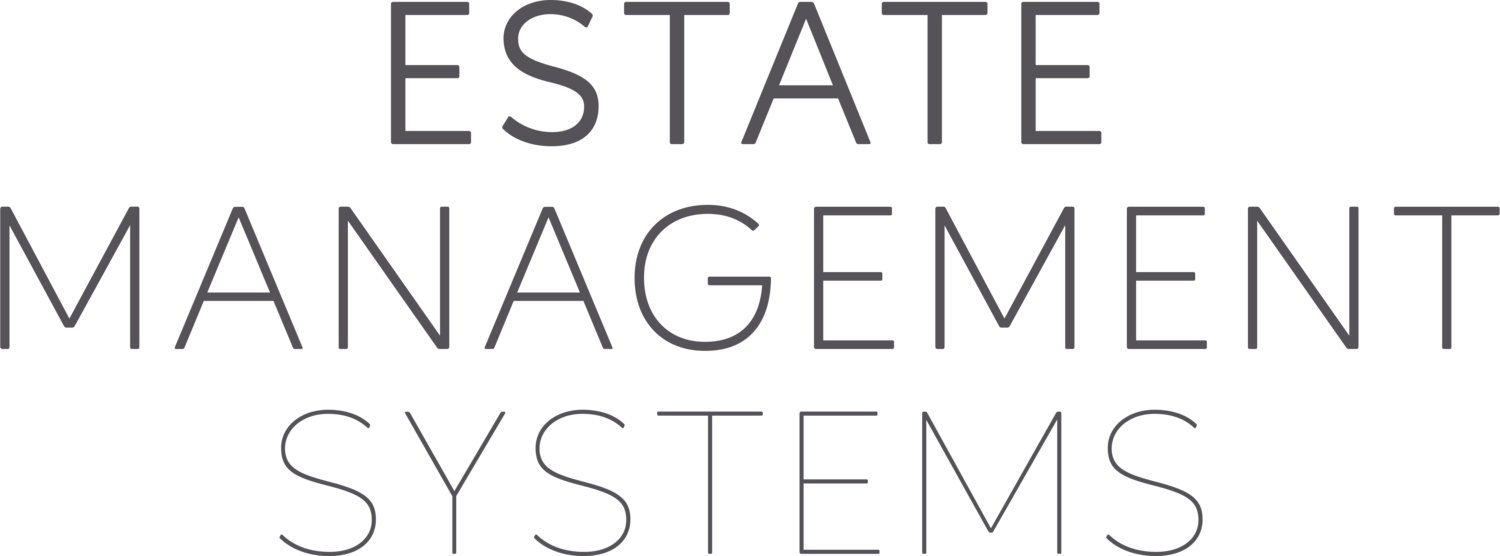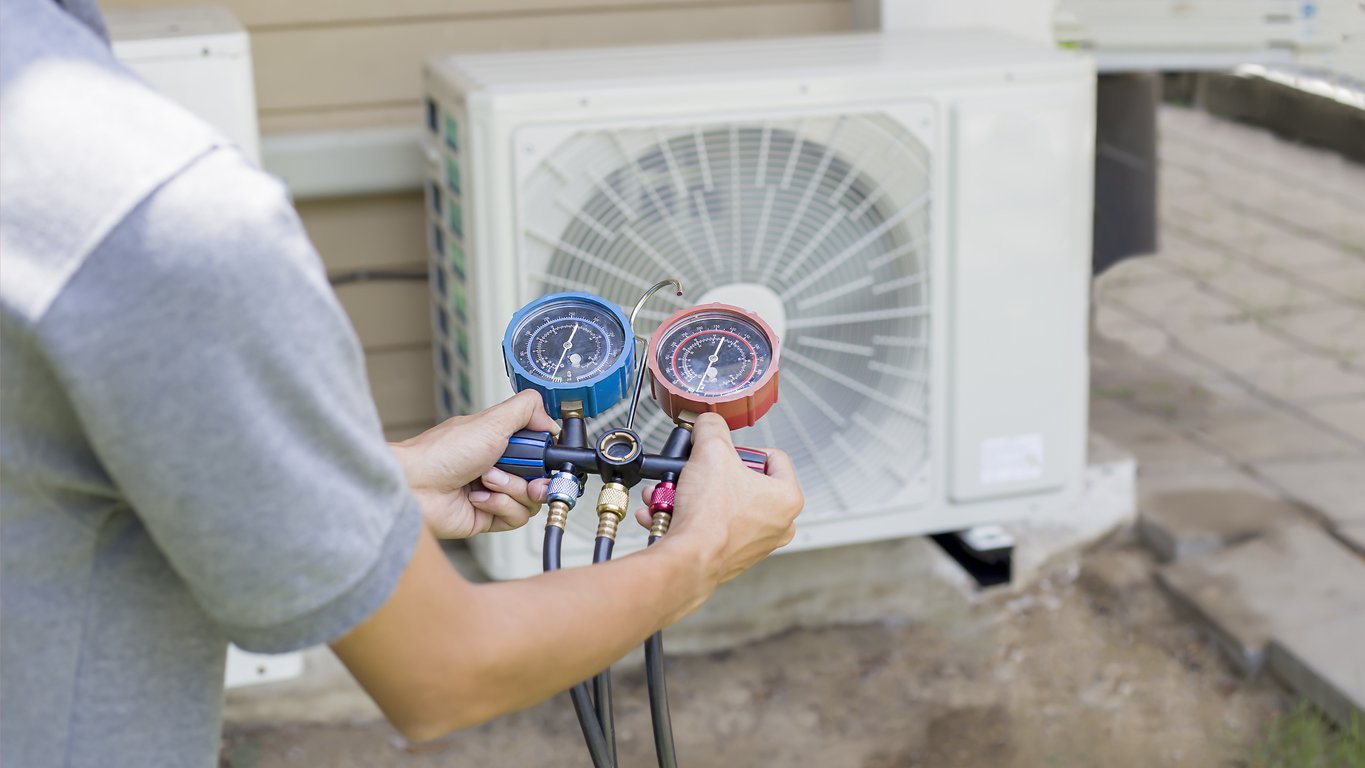Do your contractors know more about your property than you?
To effectively manage something else, you need to manage yourself first. A big part of this process includes equipping yourself with enough knowledge to make informed decisions. This is often easier said than done, especially if you don’t know what you don’t know.
Start with asking yourself these questions:
How well do you know the mechanical systems on the property you manage?
Can you confidently request and review competitive maintenance bids?
How often do they need to be serviced and inspected?
What is their life expectancy?
Which equipment will need to be replaced in the next year or two?
What is next year’s annual operating budget with replacement costs?
Imagine starting a new position with no handover of maintenance records or equipment service history, which can be a ticking time bomb waiting to derail your day. This is the reality of many estate managers and property owners.
Reaching out to the right people can help you get up to speed with accurate and critical information to successfully manage the property in your care.
Here are the 3 key people you need to meet:
1. The Service Contractors
Contact the general contractor or landscape contractor if this is a newly constructed home. Have them bring copies of service records for the last two years and detailed information about the age and history of the equipment. Also, find out when was the last time they visited and if they are scheduled for a follow-up.
2. The Bookkeeper or Accountant
Sit down with whomever pays your contractors to collect your own set of documents. Not only do you want to confirm your contractor’s information, but you may need to fill in missing pieces. You’ll want to understand if there are any outstanding or disputed charges, and take a look at your utility bills to understand an average cost related to electricity, gas, and water usage.
3. The Existing Staff
Talk to them about what systems have failed during their employment or have been problematic. Ask about details like whether there are any visible leaks, stains, unusual noises, or smells around the house. They’re your best ears and eyes around the house, so utilize them.
Now You Can Dive Deeper
After getting an overview of these valuable resources, you now have the knowledge to dive deeper into the crucial property elements that carry the most risk of unexpected failures:
1. Underground utilities
Locations
Drainage
Irrigation main line
Phone or fiber optic
Internet lines
Electrical lines
Plumbing and sewers
Guttering Downspurts
Are they connected to underground lines
When last where they flushed
Irrigation
How long ago was the main irrigation line tested for leaks
2. Back-up power sources, generators, HVAC, electrical, plumbing, and sump pump equipment
When was the last time the gas line was pressure tested
Have the drainage pipes been scoped and inspected
Have the electrical wires and connections been inspected
How many condensers are on-site, and are they numbered
Do you have extra filters
Are your electrical fuses labeled for each unit
How old are the oldest HVAC equipment and hot water tank
How often does the generator test
What is your replacement schedule
Which units still run with freon or other banned substances
3. Kitchen appliances, water filtration system, tech equipment
Who installed the water filtration system
How often does the filter need to be changed
Do you have instructions on how to flush, clean and replace the filters
Is there an alarm that alerts you when this is needed
Where does the surplus water go
Have the kitchen appliances been calibrated
Do you know the cleaning and service instructions on your tech equipment
4. Chimneys and Roofs
When was the last inspection, and is there an upcoming service scheduled
What and when was the last repair
If the material is hard to get, do you have extra materials available
5. Termites and rodents
Do you have a monthly service contract for inspections and trap replacements
6. Security, fire extinguishers, indoor sprinkler systems, medical equipment, mold, and carbon monoxide sensors
When were these last tested
When do they need to be replaced
Have you tested the emergency call buttons
When was the last time, and how frequently does this need to be performed
Is the AED charged and tested
Does your staff know how to use it
When was the last time staff scheduled a drill
Do you know when your fire extinguishers were last serviced
7. Pool and water features
Has anyone pressure tested the supply lines
How old is the filter
Do you have instructions on how to clean it
Is there a service log for water chemistry results, chemical usages, back-wash and filter services dates
What is the ideal pressure range for the pump
What is the ideal water pH
Build a Foundation with your Contractors
To get the best service and information from your contractors, be clear about expectations, and give precise details about your method of working and your principal's preferences. Small details like parking on-site, property privacy, and security requirements can make or break the relationship.
Contractor staff etiquette is another crucial factor in managing properly:Have a clear cell phone policy, smoking rules, and uniform standards. Ensure you are available to your service contractors during their scheduled visits, phone calls, or follow-ups.
Quality comes at a cost. Contractors will most likely assign their best staff to your project, which means they will be more expensive. Be mindful that these people have reached a peak point in their career that allows them the right to work at a premium price. Don’t settle for the lowest bid, especially if you expect “extras.” Often, cheap buys cost the most in the long run.
Lastly, treat your contractors the way you expect to be treated: with a positive and supportive attitude, clear communication, and timely compensation.
Once you have gathered all the plans, maintenance schedules, service histories, and preferred service providers, let us help you with the next step in organizing this all online. Our How To Manage A Mansion™ Mechanical Records Module provides the tools and the training you need to build your own system to work more efficiently and gain control of those intimidating technical tasks everyone struggles to manage. Find out more here:


